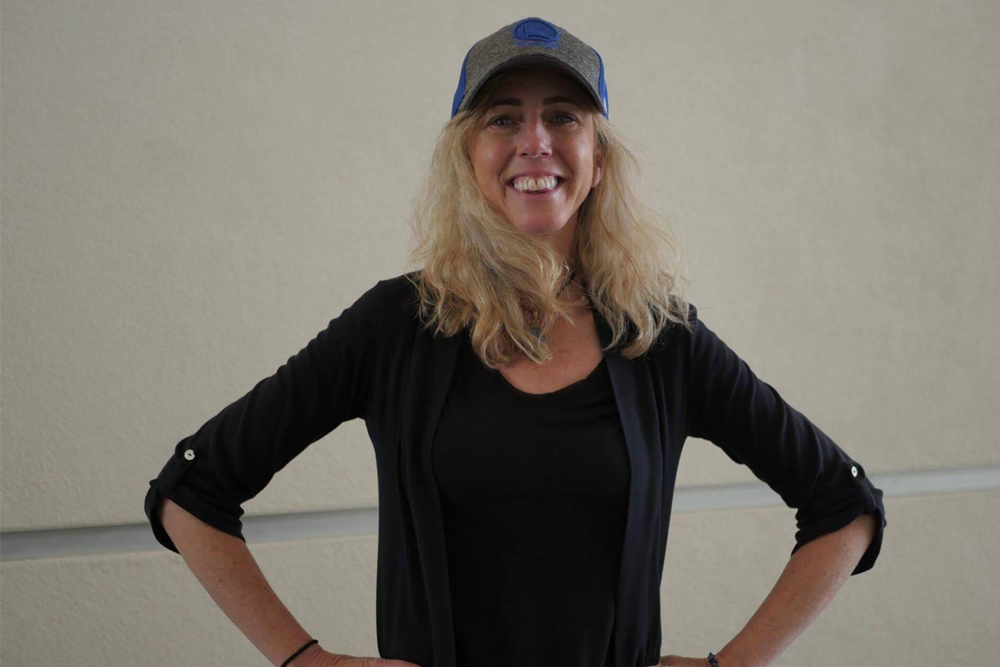Bonjour mon amis! In this edition of Mission to Ambition. I will be interviewing my Economics teacher, Ms. McGraw! She is a great teacher and is currently one of my favorite instructor at Westmoor High School.Before Ms. McGraw became a teacher, she was a “dot-commer,” meaning she used to work for an internet-based company. More specifically, she worked in Sales and Marketing for Worldcom, selling internet services to corporations. Back then, jobs were plentiful and high salaries were offered. After Worldcom, Ms. McGraw then went to two start-ups, Splitrock and Digital Island, the latter of which unfortunately went bankrupt at 2003.
Before Ms. McGraw became a teacher, she was a “dot-commer,” meaning she used to work for an internet-based company. More specifically, she worked in Sales and Marketing for Worldcom, selling internet services to corporations. Back then, jobs were plentiful and high salaries were offered. After Worldcom, Ms. McGraw then went to two start-ups, Splitrock and Digital Island, the latter of which unfortunately went bankrupt at 2003.
Question Time!
What made you change careers and become a teacher?
“In September 2000, the longest economic expansion started to slow down and would become a recession by 2001. Many dot-com companies in Silicon Valley went out of business. I held onto my job until 2002, and when I got laid off, I received three months salary and benefits and went on a three-week camping trip to the Grand Canyon and Utah with my daughter. It was a time of great reflection. By the end of the trip, I knew that I was done with the private sector. I had originally been attracted to the teaching profession at the age of 24, but had to put my teaching credential on hold for financial reasons and then had been consumed by the dot-com rage. Now that the bubble had burst, I was able to see past the dollar signs and opted for a career in giving back and changing the world for the better.”
What motivated you to move on after the several unemployments you experienced?
“Necessity mainly. I was lucky that the dot-com flameout occurred when I was in my early 30s, if it occurred a decade later, I do not think that I would have had the incentive to go back to school and earn my credential. Also, I did not face the age discrimination in being hired as some of the Baby Boomers faced.
What advice can you give to people who don’t know what their dream is? What can we do to find ours?
“Take classes across multiple disciplines. Attend lectures by guest speakers on campus. Be aware of trends. Your “dream job” may not have been invented yet. I was fortunate to attend a range of classes from Government, Ecology, British Literature to Economics. The conversations I had with other students in the hallways of my dorm at one in the morning were often as relevant to my discovery of my ambition, as my classes were. Travel as much as you can afford! Do it when you are young. Meeting people from other countries and seeing their culture unveiled from the lens of a foreigner helped me to discover my place in the world.”
Impact of the Interview
This interview reminded me to be flexible with my future plans, and not to be set on only one path. Things may not go our way, so it’s best to have a backup. Keeping an open mind when this happens will help create new opportunities. Who knows? The direction the opportunity takes you might be better than your original plan. Although I do not have a plan for the future, I will definitely keep what I learned from this interview.





